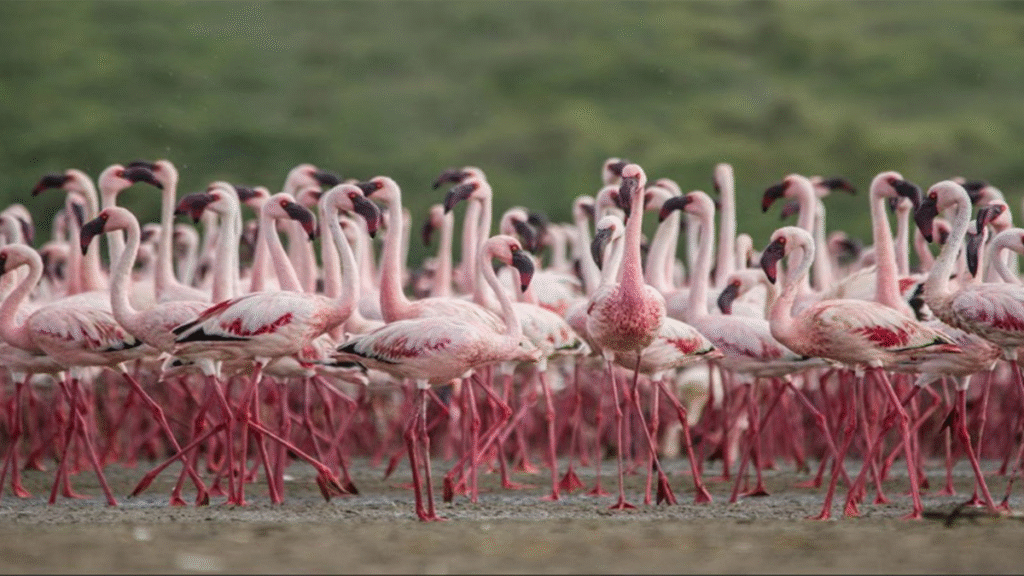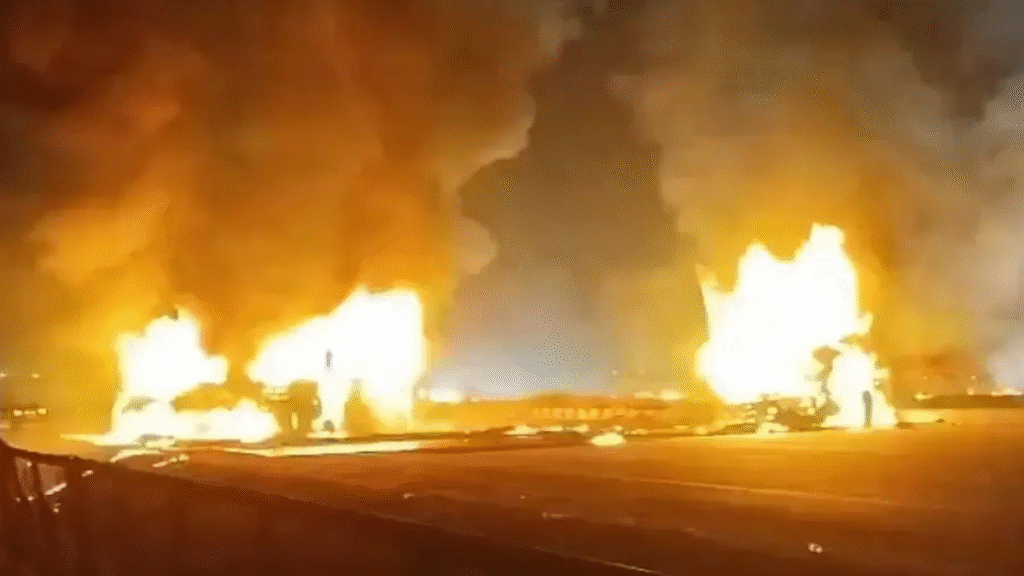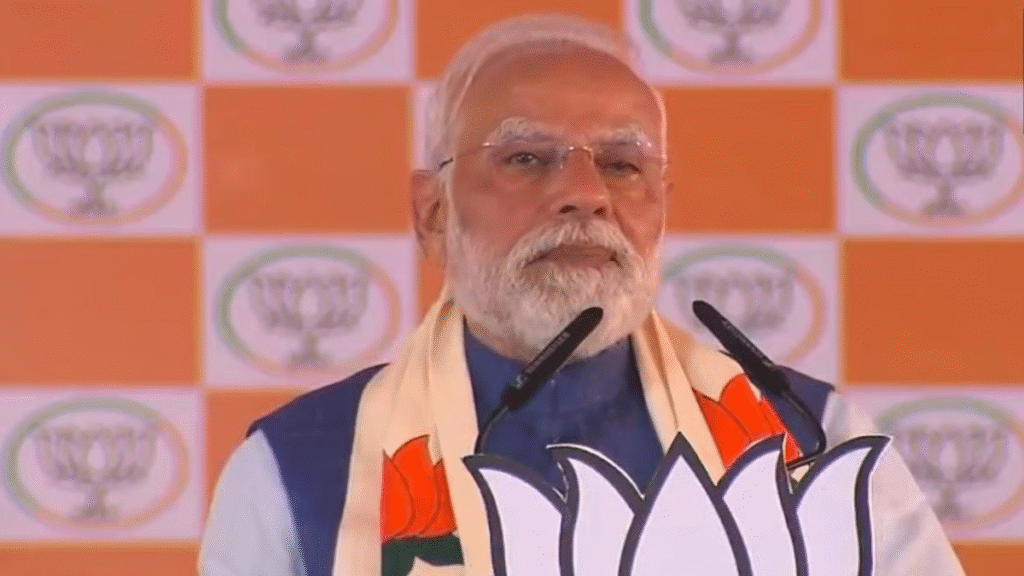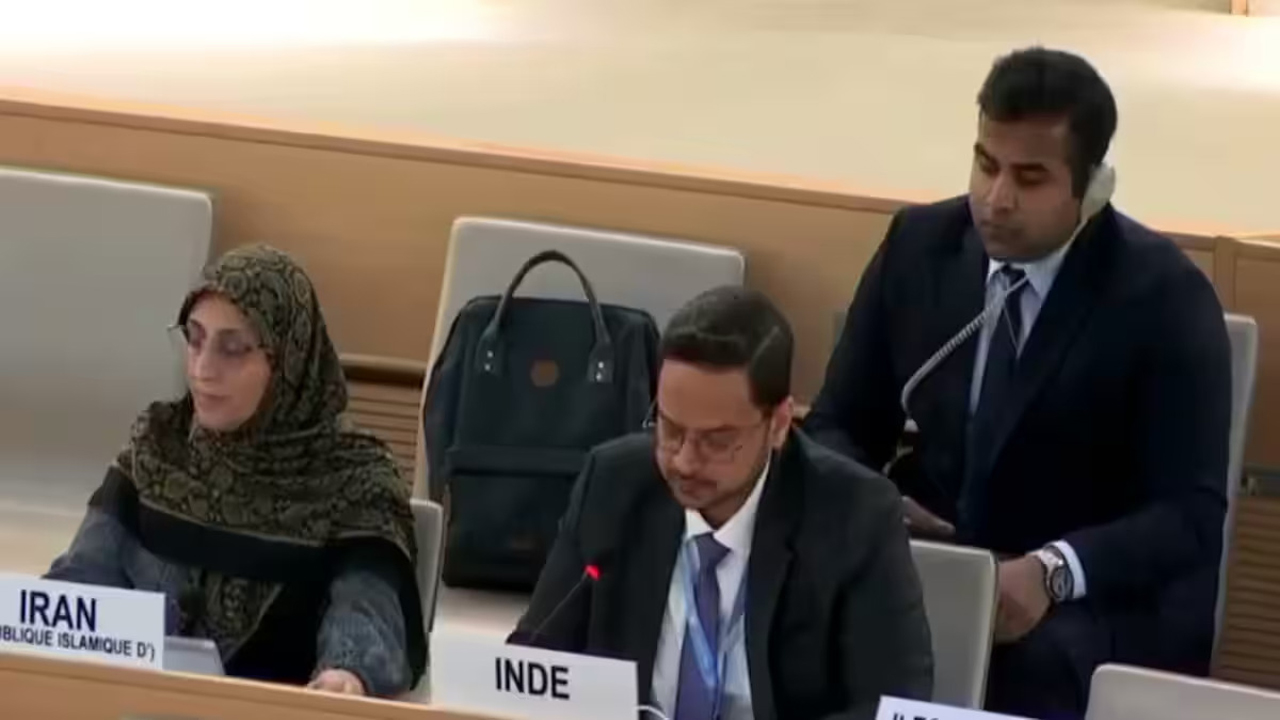Now Reading: EU Presses India for Tariff Cuts on Cars, Wine as Trade Talks Heat Up
-
01
EU Presses India for Tariff Cuts on Cars, Wine as Trade Talks Heat Up
EU Presses India for Tariff Cuts on Cars, Wine as Trade Talks Heat Up
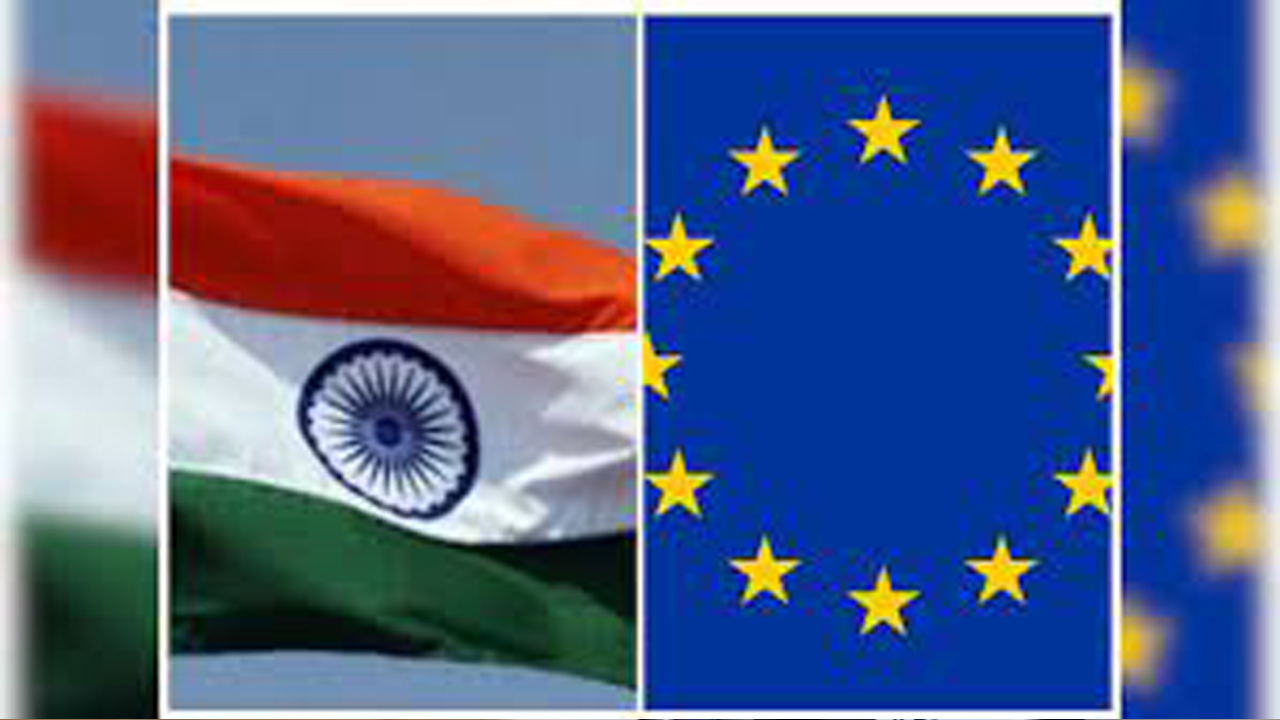
New Delhi – As European Commission President Ursula von der Leyen embarks on a crucial visit to India, trade discussions are set to take center stage, with the European Union (EU) pushing for significant reductions in tariffs on key exports like cars and wine. This move underscores the EU’s strategic aim to bolster trade ties with India, diversify supply chains, and diminish reliance on China.
The core of the discussions revolves around the ongoing negotiations for a Free Trade Agreement (FTA) between India and the EU. EU officials have emphasized that India’s relatively high tariffs on certain goods pose a significant barrier to increased trade. Specifically, the EU is targeting:
- Automobiles: The EU seeks to lower India’s import duties on cars, aiming to expand market access for European automakers.
- Wine and Spirits: The EU is also advocating for reduced tariffs on alcoholic beverages, including wine and whiskey, to capitalize on India’s growing consumer market.
Strategic Imperatives
The EU’s push for tariff reductions is driven by several strategic factors:
- Diversifying Supply Chains: Amidst geopolitical uncertainties, the EU is keen to diversify its supply chains and reduce its dependence on China. India, with its vast market and growing economy, is seen as a crucial partner in this endeavor.
- Boosting Trade Relations: The EU is India’s second-largest trading partner, and both sides recognize the potential for further growth. A comprehensive FTA could significantly enhance bilateral trade.
- Geopolitical Considerations: The EU also views India as a vital ally in addressing global challenges, including cyber threats, climate change, and tensions in the Indo-Pacific region.
Key Points of Discussion
During von der Leyen’s visit, discussions with Prime Minister Narendra Modi and Trade Minister Piyush Goyal are expected to cover a wide range of topics, including:
- FTA Negotiations: Progress on the FTA negotiations will be a key focus, with both sides aiming to bridge gaps and accelerate the process.
- Trade Barriers: The EU will press for the removal of non-tariff barriers, such as complex regulatory procedures, that hinder trade.
- Technology Cooperation: Both sides are expected to explore opportunities for collaboration in areas like digital technology and renewable energy.
- Geopolitical Issues: Discussions will also touch upon geopolitical issues, including the situation in Ukraine and the Indo-Pacific region.
India’s Perspective
While India is open to strengthening trade ties with the EU, it is also pursuing its own strategic interests. India is seeking:
- Market Access for MSMEs: India is keen to secure greater market access for its micro, small, and medium-sized enterprises (MSMEs) in the EU.
- Services Trade: India is also pushing for increased access to the EU’s services market, particularly in areas like IT and skilled labor mobility.
- Addressing CBAM Concerns: India has expressed concerns about the EU’s Carbon Border Adjustment Mechanism (CBAM), which could impact its exports of steel and aluminum.
Looking Ahead
The outcome of von der Leyen’s visit will be crucial in shaping the future of India-EU trade relations. While challenges remain, both sides are committed to deepening their partnership. The next round of trade negotiations, scheduled to take place in Brussels, will provide further insights into the progress being made.
The potential for a comprehensive FTA between India and the EU is significant, offering opportunities for increased trade, investment, and cooperation. As both sides navigate complex trade dynamics and geopolitical considerations, the pursuit of a mutually beneficial agreement remains a top priority.

